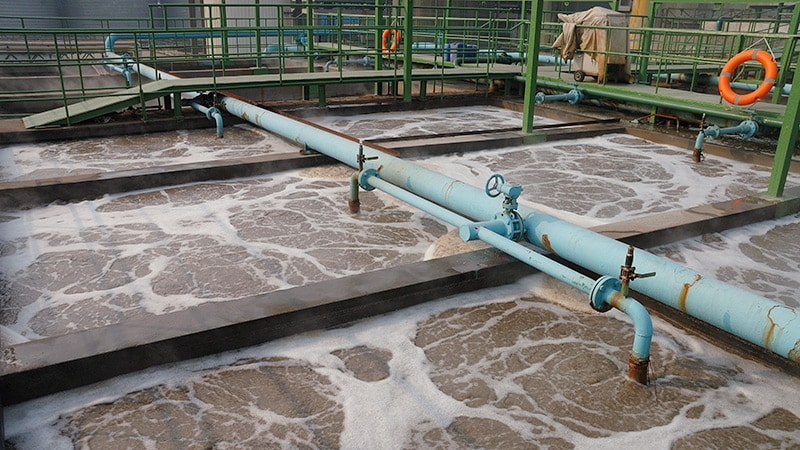Ontario Ends COVID-19 Wastewater Surveillance Program: Implications for Pandemic Preparedness
The Ontario government abruptly ended its COVID-19 wastewater surveillance program in late July 2022, despite the program's proven effectiveness in monitoring infectious disease outbreaks. The program, which began in the fall of 2020, provided funding to 13 academic laboratories that sampled hundreds of sites across the province.
While the federal government will continue its wastewater surveillance across Canada, including one site in Toronto, the discontinuation of the provincial program is a major concern. Researchers involved in the program, such as Robert Delatolla and Mark Servos, emphasize the importance of the close collaboration between researchers and public health officials, which allowed for rapid data reporting and actionable insights for healthcare planning.
The end of the Ontario program is seen as a "huge blow" to the ability to track the uptick of new pathogens, especially with the emergence of infectious diseases like avian flu and mpox. Wastewater monitoring is considered an "extremely valuable tool in the pandemic preparedness arsenal," and the decision to cut funding is viewed as counterproductive and short-sighted.
The researchers argue that while a large-scale program may not be necessary, there should be an ongoing, core program that can strategically expand when needed. This would help maintain the "huge legacy of knowledge and capability" generated by the COVID-19 wastewater surveillance efforts and ensure that lessons learned from the pandemic are not forgotten.
Customize Summary
Rewrite with AI
Generate Citations
Translate Source
To Another Language
Generate MindMap
from source content
Visit Source
www.medscape.com
Ontario Ends COVID-19 Wastewater Surveillance: What Next?
Ключевые выводы из
by Gwendolyn Ra... в www.medscape.com 08-28-2024
https://www.medscape.com/viewarticle/ontario-ends-covid-19-wastewater-surveillance-what-next-2024a1000for
Дополнительные вопросы
